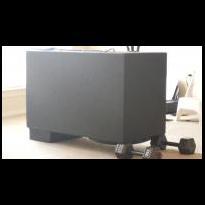-
Recently Browsing 0 members
No registered users viewing this page.
-
-
Recent Topics
-
- 399 comments
- 34,101 views
-
- 19 comments
- 378 views
-
- 3 comments
- 102 views
-
- 4 comments
- 195 views
-
- 2 comments
- 758 views
-
- 5 comments
- 1,606 views
-
-
-
Recent YouTube Posts



